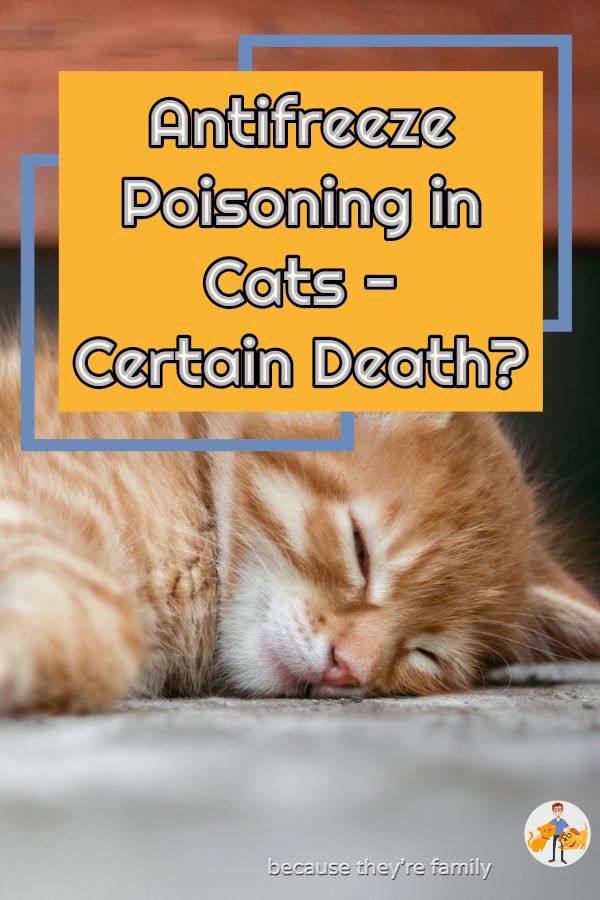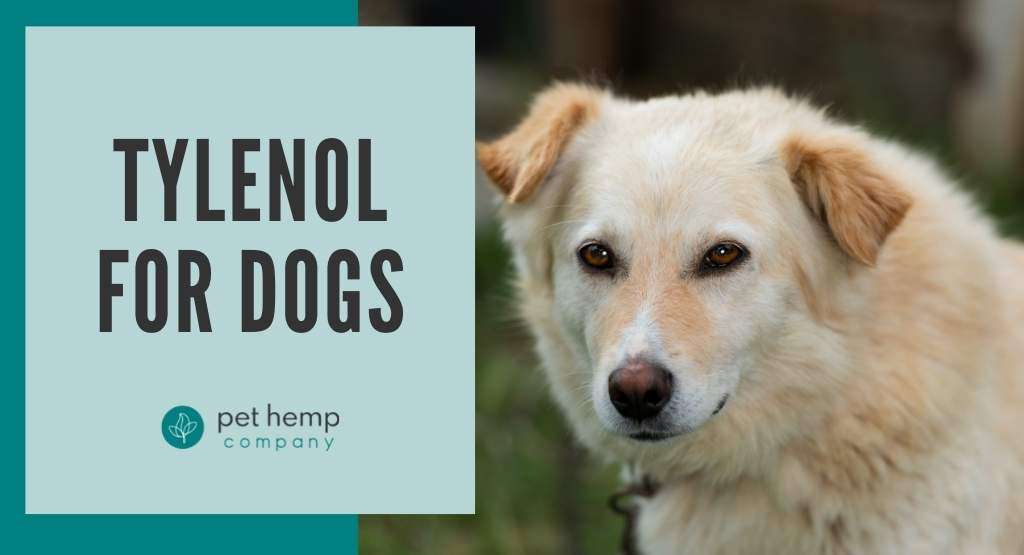Key Takeaways:
- Certain human foods and medications can be toxic to cats, including chocolate, onions, garlic, and over-the-counter pain relievers like acetaminophen.
- Household plants such as lilies, azaleas, and tulips can be poisonous to cats if ingested.
- Cleaning products containing chemicals like bleach or ammonia should be kept out of reach of cats as they can cause severe health issues if consumed or inhaled.
- Antifreeze is extremely dangerous for cats due to its sweet taste; even a small amount can be lethal. It should be stored securely and any spills should be cleaned immediately.
- Cats are highly sensitive to essential oils, especially tea tree oil, which can cause skin irritation, respiratory problems, and even liver damage. Care should be taken when using these oils around cats.
Did you know that there are hidden dangers lurking in your home that could harm your furry feline friend? It's true! Understanding the unsafe substances for cats is not only essential for their well-being but also for your peace of mind. Imagine being able to create a safe environment where your cat can roam freely without the risk of encountering harmful substances. In this article, we will delve into the world of hidden dangers and reveal the common household items that pose a threat to our beloved cats. So, let's embark on this journey together and uncover the secrets that will keep our feline friends safe and sound. Get ready to become a cat guardian extraordinaire!
Common Household Substances That Can Harm Cats
1. Cleaning Products
Cleaning products like bleach, disinfectants, and detergents are commonly used in households to keep our homes clean and germ-free. However, these products can be extremely harmful to cats if ingested or if they come into contact with their skin or eyes. The strong chemicals in these cleaners can cause irritation, burns, and even organ damage in cats. It is important to always keep cleaning products securely stored away from your curious feline friend and ensure that any surfaces cleaned with these products are thoroughly rinsed before allowing your cat near them.
2. Pesticides
Pesticides are substances used to kill pests like insects, rodents, and weeds. While they may be effective at getting rid of unwanted critters, they can also pose a serious threat to the health of your cat. Cats are especially sensitive to certain pesticides called organophosphates and carbamates, which can cause symptoms like drooling, vomiting, tremors, seizures, and even death if ingested. To protect your cat from pesticide exposure, avoid using them in areas where your cat spends time and opt for pet-safe alternatives whenever possible.
The Dangers of Certain Plants for Cats
1. Lilies
Lilies are beautiful flowers commonly found in bouquets and gardens; however, they can be extremely toxic to cats. All parts of the lily plant contain toxins that can cause kidney failure in cats if ingested. Even a small nibble on a lily leaf or flower petal can have devastating consequences for your feline friend. It is crucial to keep lilies out of reach of cats or avoid having them altogether if you share your home with a curious kitty.
2. Sago Palm
The sago palm is a popular ornamental plant known for its feathery leaves and tropical appearance. However, this plant can be highly toxic to cats if ingested. The seeds and nuts of the sago palm contain a toxin called cycasin, which can cause severe liver damage in cats. Symptoms of sago palm poisoning include vomiting, diarrhea, weakness, seizures, and even coma. If you have a sago palm in your home or garden, make sure it is inaccessible to your cat to prevent any accidental ingestion.
Why Cleaning Products and Chemicals Should be Kept Away from Cats
1. Cats' Sensitivity to Chemicals
Cats are more sensitive than humans to the chemicals found in cleaning products. Their smaller size and unique physiology make them more susceptible to the harmful effects of these substances. Even small amounts of certain chemicals can cause significant health issues for cats, including respiratory problems, skin irritation, and gastrointestinal distress. It's crucial to keep cleaning products securely stored away from your furry friend's reach to prevent accidental exposure.
2. Ingestion and Skin Contact Risks
Cats are curious creatures that often explore their surroundings by sniffing and tasting objects they come into contact with. If your cat ingests or comes into direct contact with cleaning products or other chemicals, it can lead to serious health complications. Ingestion may occur if your cat licks surfaces that have been cleaned with chemical products or drinks water contaminated with cleaning agents accidentally spilled on the floor. Similarly, contact with these substances can irritate their skin or eyes and cause discomfort or injury.
Potential Risks of Using Essential Oils Around Cats
1. Toxicity of Certain Essential Oils
While essential oils can have various benefits for humans, some essential oils can be toxic to cats. Cats lack certain liver enzymes that help metabolize and eliminate certain compounds found in essential oils, making them more susceptible to their toxic effects. Essential oils like tea tree oil, citrus oils, peppermint oil, and eucalyptus oil can cause adverse reactions in cats if ingested or applied topically. These reactions may include drooling, vomiting, difficulty breathing, tremors, and even liver damage.
2. Inhalation Risks
Cats have a highly sensitive respiratory system, and inhaling certain essential oils can cause respiratory distress and irritation. Diffusing essential oils in the same room as your cat or using them directly on your cat's bedding or toys can lead to breathing difficulties, coughing, sneezing, and wheezing. It is best to consult with a veterinarian before using any essential oils around your cat to ensure their safety.
Dangers of Human Medications for Cats and How to Prevent Accidental Ingestion
1. Toxicity of Certain Medications
Many medications that are safe for humans can be extremely dangerous for cats. Common over-the-counter medications like acetaminophen (Tylenol) and non-steroidal anti-inflammatory drugs (NSAIDs) such as ibuprofen (Advil) can cause severe toxicity in cats if ingested even in small amounts. Prescription medications like antidepressants and sleep aids can also be harmful to cats. It is crucial to keep all medications securely stored away from your cat's reach and never give them any medication without consulting a veterinarian first.
2. Safe Storage Practices
To prevent accidental ingestion of human medications by your cat, it is important to store all medications in a secure location that your cat cannot access. Consider using childproof containers or keeping medications in a locked cabinet. Be cautious when taking medication and avoid leaving pills or bottles unattended where your cat may be able to reach them. If you suspect that your cat has ingested any medication, contact your veterinarian immediately for guidance.
Toxic Foods for Cats and Why They Should be Avoided
1. Chocolate
Chocolate contains a substance called theobromine, which is toxic to cats. Even small amounts of chocolate can cause symptoms like vomiting, diarrhea, rapid breathing, increased heart rate, muscle tremors, and even seizures in cats. Dark chocolate and baking chocolate are particularly dangerous due to their higher theobromine content. It is essential to keep all chocolate products securely stored away from your curious feline friend and never give them any chocolate as a treat.
2. Onions and Garlic
Onions and garlic belong to the Allium family and contain compounds that can cause damage to a cat's red blood cells if ingested in sufficient quantities. Symptoms of onion or garlic toxicity in cats include weakness, pale gums, lethargy, rapid breathing, vomiting, and anemia. It's crucial to avoid feeding your cat foods that contain onions or garlic as ingredients and ensure that these items are safely stored away from their reach.
The Significant Threat of Antifreeze to Cats and Precautions to Protect Them
1. Toxicity of Antifreeze
Antifreeze contains ethylene glycol, a highly toxic substance for cats (and other animals). Unfortunately, its sweet taste makes it appealing to cats, leading them to lick spills or drink from leaking car radiators or open containers. Even a small amount of antifreeze can be fatal to cats, causing kidney failure and other severe health issues. It is essential to keep antifreeze securely stored in sealed containers and clean up any spills immediately.
2. Safe Antifreeze Alternatives
To protect your cat from antifreeze poisoning, consider using pet-safe alternatives like propylene glycol-based antifreeze, which is less toxic to animals. Additionally, regularly check your car for leaks and ensure that your cat does not have access to areas where antifreeze may be present. If you suspect your cat has ingested antifreeze or is showing signs of poisoning (such as excessive thirst, vomiting, lethargy, or difficulty walking), seek immediate veterinary attention as time is crucial in treating ethylene glycol toxicity.
In conclusion, it is important for cat owners to be aware of the hidden dangers of unsafe substances. By keeping harmful items out of reach and seeking veterinary advice when needed, we can ensure the safety and well-being of our feline friends.
What is really toxic to cats?
Eating onions, garlic, shallots, and scallions can harm your cat's red blood cells and result in anemia. While these foods are generally toxic when consumed in large amounts, even exposure to concentrated forms like onion soup mix or garlic powder can be dangerous.
What is toxic to cats at home?
Cats should always stick to their regular diet that is specifically designed for their nutritional needs. Although there may be crumbs or tempting snacks around, they should not consume fresh foods such as garlic, onions, chives, and grapes as these are toxic to them. Cats should also never consume raisins, chocolate, or alcohol, which are harmful to their health.
What is the most common killer of cats?
FeLV, also known as Feline Leukemia Virus, is currently the leading cause of infectious disease-related deaths in cats in the United States. It weakens a cat's immune system, making them vulnerable to anemia, cancer, and other illnesses that a healthy cat would be able to resist. A straightforward blood test can accurately diagnose the disease with a 99% success rate.
What smell is harmful to cats?
Various liquid potpourri products and essential oils, such as cinnamon, citrus, pennyroyal, peppermint, pine, sweet birch, tea tree, wintergreen, and ylang ylang, can be toxic to cats.
What does antifreeze do to cats?
Many people are not aware of the risks posed to pets by antifreeze poisoning. Even consuming a small amount can result in kidney failure and death, particularly in cats.
How do you exterminate cats?
The main methods used to control feral cats are shooting, trapping, using lethal bait, and installing exclusion fences.

















